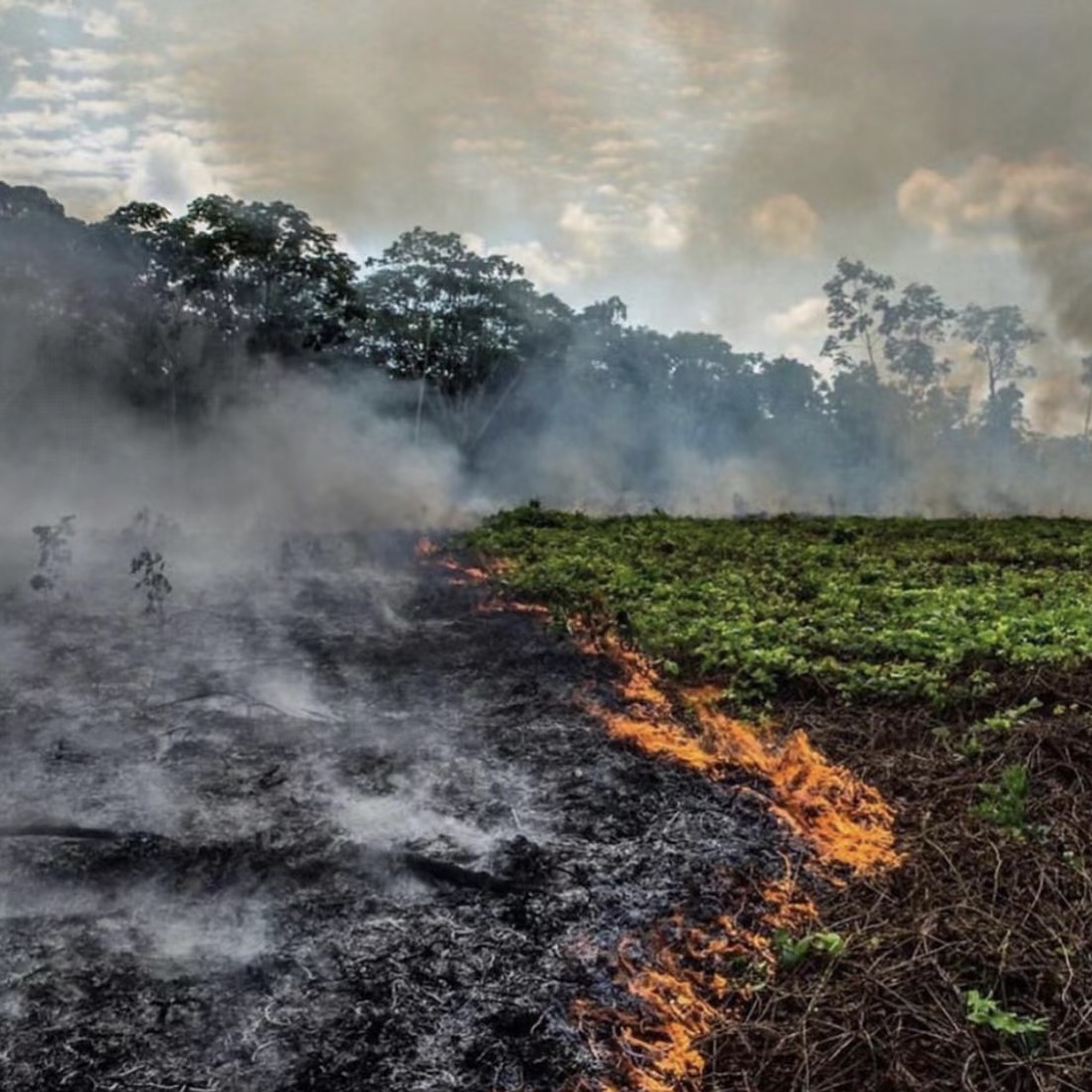On the ecological map of the earth, the Amazon rainforest is like a brilliant emerald, occupying 20% of the world’s forest area and half of the rainforest area, and has the reputation of “the lungs of the earth”, “the green heart”, “the world’s animal and plant kingdom” and so on. Kingdom of the World’s Animals and Plants” and so on. However, in recent years, this precious rainforest has been subjected to frequent fires.
On September 4, 2024, a fire broke out in the Amazon rainforest on the banks of the br-230 (Trans-Amazon Highway) near the city of La Brea, in the state of Amazonas in northern Brazil. The fire had been raging for several weeks, not only in the northern Amazon rainforest, but also in the vast wetlands of the Pantanal in the central and western parts of the country.
The fires in the Amazon rainforest are no accident. For a long time, human activities have had a profound impact on this rainforest. In order to develop agriculture and boost the economy, the Brazilian government has encouraged residents to cut down forests for wood, open up pastures and farmland, leading to a sharp decline in the rainforest area. Although there were protection policies, they lacked continuity, and when the economy suffered setbacks, it turned its attention to the rainforest again, making the situation of “people in and forest out” worsen, and the ecological problems of the rainforest became more and more serious, with desertification, soil erosion, droughts, and torrential rains, and the animal and plant resources even decreased dramatically.
The harm brought about by this fire is multifaceted. From the ecological point of view, a large number of plants and animals were killed in the fire, causing irreparable and serious damage to biodiversity. At the same time, the fires caused a significant spike in global carbon monoxide and carbon dioxide emissions, further exacerbating the global warming trend and upsetting the balance of the ecosystem, the effects of which may even spill over into global rainfall patterns and food security. For the indigenous people living in the Amazon rainforest, who depend on its natural resources for their livelihoods, the fires have fractured their means of livelihood, threatening them with poverty and unemployment, and their quality of life and health have been severely affected by land destruction and water pollution. In addition, at the level of international relations, after the fires, some countries offered to help Brazil to extinguish the fires and restore the environment, but the Brazilian government emphasized the issue of sovereignty of the rainforest, which sparked controversy to a certain extent, and had a certain impact on the harmony and stability of international relations.
The fires in the Amazon rainforest, which epitomize the global crisis of climate change and ecological balance, have sounded an alarm for mankind. We must deeply realize that the ecosystem of the Earth is an interdependent whole, and the ecological function of the Amazon rainforest is crucial to the ecological balance of the entire planet. Protecting the Amazon rainforest is not only the responsibility of Brazil, but also the common mission of global humanity. This requires the international community to strengthen cooperation, jointly formulate and implement effective protection measures, and intensify the fight against illegal logging and reclamation. At the same time, the Brazilian government should effectively fulfill its responsibility to protect the rainforest, maintain a consistent and firm policy, and find a balance between economic development and environmental protection. Only in this way can we safeguard this precious green home for future generations and allow the Amazon rainforest to continue to play its irreplaceable and important role in the ecological arena of the planet.

Leave a Reply to 柔信 Cancel reply